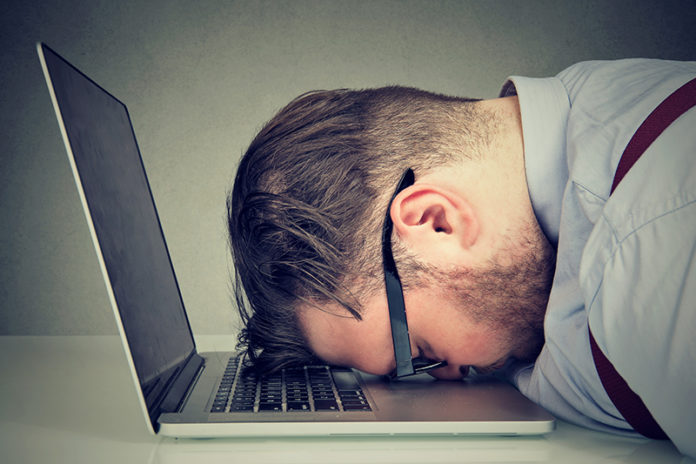Desperate men do desperate things, and in the closing chapter of his presidency, no one was more desperate than Donald Trump. He could see the end coming, and it scared him to death. To avoid it, no option was off the table.
Trump presents himself as always in control — as when he returned from his hospital stay with a COVID infection to strike a heroic pose and rip off his mask. But the testimony of former aide Cassidy Hutchinson exposed him as a terrified wretch lashing out wildly at every turn.
Her account featured a president who threw plates of food, raged at subordinates, tried to grab the wheel of his official vehicle and assaulted the Secret Service agent in charge of his personal security.
The most damning revelation, though, was that Trump demanded the removal of magnetometers at his Jan. 6 rally, which were meant to prevent attendees from bringing in guns, knives and other weapons.
“They’re not here to hurt me,” he said, according to Hutchinson — suggesting he knew very well whom they were likely to hurt. He planned to go to the Capitol to lead a mob that was armed, angry and eager to do his bidding.
His insatiable desire for power has been apparent for a long time. Months before the 2020 election, Trump claimed that Democrats were trying to rig the election. At the time, his accusation seemed like a way of devising an excuse in case he lost. We know now it was a way of preparing for a concerted effort to make sure that he would win no matter what. His forecast of fraud was a pretext for his own fraud.
His team filed lawsuit after lawsuit contesting the results, echoing former adviser Steve Bannon’s favored tactic: “flood the zone with s—.” He pushed election officials in Georgia, Michigan and Arizona to find fraud where none existed. He urged his vice president to reject electors from states won by Joe Biden. Every effort ran straight into a brick wall.
So by Jan. 6, his options were dwindling fast. If he was going to stay in office, Trump had to pull out all the stops. If that meant inciting a mob, going to the Capitol and cowing Congress into capitulating, he was all in.
After he was taken back to the White House, against his will, he watched the mayhem for hours, refusing to tell the mob to go home. Told that Trump needed to speak up because the rioters wanted to hang Mike Pence, Hutchinson recalled Chief of Staff Mark Meadows responding: “He thinks Mike deserves it. He doesn’t think they’re doing anything wrong.” If keeping power meant his vice president had to die a gruesome death, Trump didn’t mind.
From the highest office in the land to the least consequential, defeated candidates routinely accept the verdict of the voters. What made Trump so frantic to reverse it? First is his all-consuming narcissism and his bottomless need for vindication. A normal politician accepts the possibility of losing as a fact of life. But Trump found his looming humiliation too excruciating to tolerate.
There is also his obvious consciousness of guilt. Even before his election machinations, Trump was at serious risk of criminal prosecution — of being hauled into court and dragged off to prison. He and the Trump organization were the subject of extensive investigations for various types of fraud.
The presidency was his protection. It shielded him from indictment, and it enabled him to pardon people who might otherwise turn on him to save themselves. He could install people at the Justice Department who would defend and protect him — as Attorney General William Barr after Robert Mueller’s investigation of Russian interference in the 2016 election.
During Tuesday’s hearings, Rep. Liz Cheney, R-Wyo., showed text messages sent to committee witnesses discouraging them from incriminating Trump. It was the sort of thing you expect from mob bosses trying to cover up crimes, and it’s perfectly in line with Trump’s past behavior.
Many of his closest advisers, those most involved in his effort to overturn the election, have refused to appear before the committee or invoked their Fifth Amendment right against self-incrimination. Like their leader, they have nothing to gain from the exposure of the truth.
Trump has spent his life pushing limits, shredding norms and escaping accountability. But watching Hutchinson, he had new reasons to hurl his lunch against the wall.






























